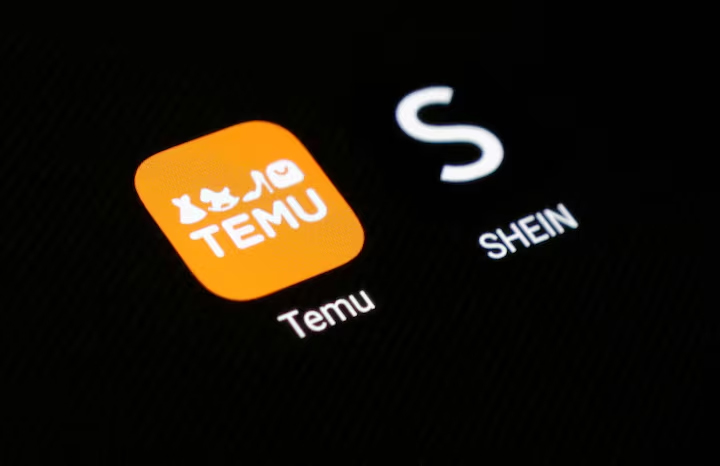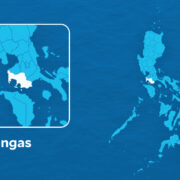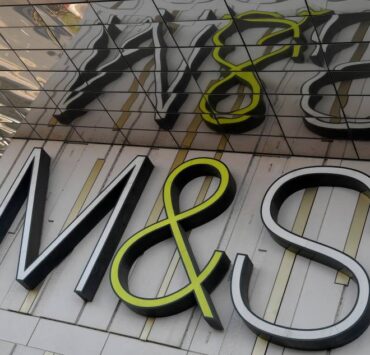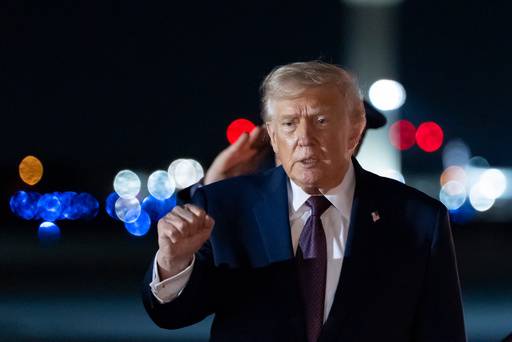Low-value packages from China no longer exempted from US duties

WASHINGTON/LOS ANGELES — The Trump administration ended U.S. duty-free access for low-value shipments from China and Hong Kong on Friday, removing the “de minimis” exemptions availed of by Shein, Temu and other e-commerce firms as well as traffickers of fentanyl and other illicit goods.
The action restores an executive order from President Donald Trump in February that was quickly suspended due to a lack of screening procedures for sub-$800 shipments that sparked chaos at airports and caused millions of packages to pile up.
US Customs and Border Protection has “a massive task at hand” but is ready to handle the enforcement and collection of Trump’s tariffs on small Chinese shipments, a spokesperson for the agency said.
“We are prepared and equipped to carry out enhanced package screening and enforce orders effectively as outlined” in Trump’s executive order ending de minimis treatment for China, the spokesperson added.
The new procedures should not affect passenger wait times at airports and ports of entry, the spokesperson said.
Under CBP’s latest guidance, shipments from China and Hong Kong regardless of size will now be subject to Trump’s new tariffs of 145 percent plus any prior duties, except for products such as smartphones which were excluded last month.
These will largely be handled by express shippers such as FedEx, United Parcel Service or DHL, which have their own cargo handling facilities.
Items valued at up to $800 and sent from China via postal services are treated differently. They are now subject to a tax of 120 percent of the package’s value or a flat fee of $100 per package – an amount that rises to $200 in June.
Formal entry shift
However, CBP temporarily suspended a rule that would have required formal customs entry for all shipments valued at over $250 containing goods that are also subject to punitive tariffs.
This would have raised costs significantly for shippers but logistics experts said the suspension will make tariff enforcement harder.
Formal customs entry, normally associated with larger, containerized cargo, requires detailed tariff code information, advance electronic transmission of entry data, recipient tax identification — potentially a social security number — and a bond to cover for customs liability.
Reuters, the news and media division of Thomson Reuters, is the world’s largest multimedia news provider, reaching billions of people worldwide every day. Reuters provides business, financial, national and international news to professionals via desktop terminals, the world's media organizations, industry events and directly to consumers.





















